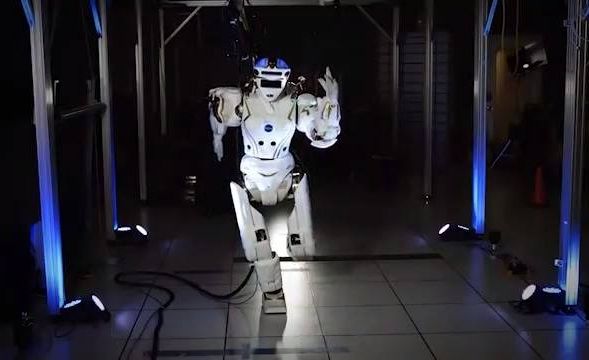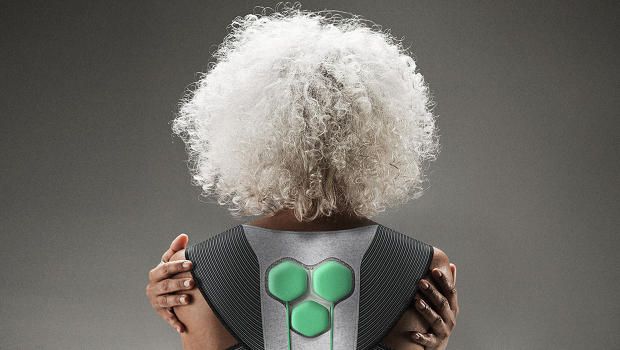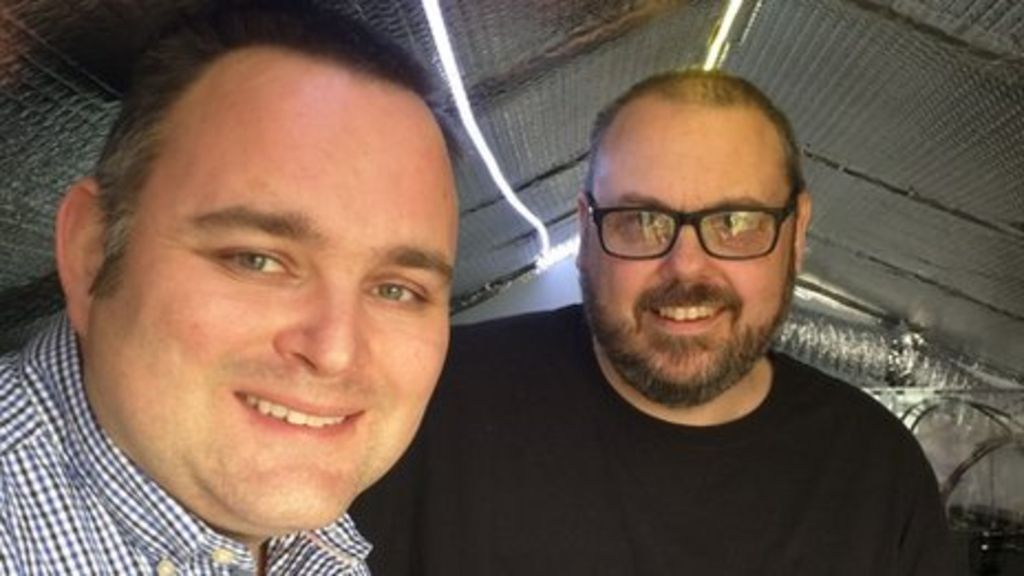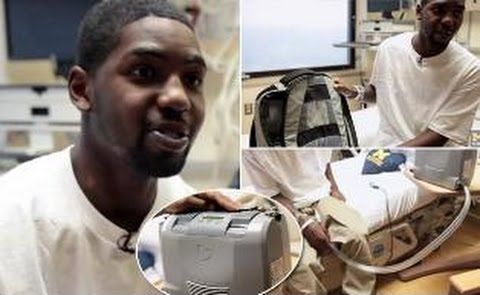With wound-healing smart fabrics and enhanced night-vision, researchers are building the next generation of indestructible soldiers.



New version of this out: https://www.geneticliteracyproject.org/2017/01/02/americas-refusal-embrace-gene-editing-start-next-cold-war/ #transhumanism #biohacking
Unlike other epic scientific advances…the immediate effect of genetic editing technology is not dangerous. Yet, it stands to be just as divisive to humans as the 70-year proliferation of nuclear weaponry.
The playing field of geopolitics is pretty simple: If China or another country vows to increase its children’s intelligence via genetic editing, and America chooses to remain “au naturel” because they insist that’s how God made them, a conflict species-deep will quickly arise.
This type of idea takes racism and immigration to a whole new level. Will America close off its borders, its jobs, its schools, and its general openness to the world to stay pure, old-fashioned human?
In short, will genetic editing start a new cold war? One that bears much finger pointing and verbal reprimands, including the use of derogatory terms like mutants, cyborgs, and transhumanists.






https://youtube.com/watch?v=Gb8H8aFAp5I
Humans’ relationship with technology is growing ever-more intimate. In a sense, we have already become cyborgs, tethered to our external electronic devices, outsourcing to them our memories, our sense of direction, our socializing, our lives. But, if the past year’s technological advancements are any indication, our relationship with technology is going to get a whole lot closer. Technology could one day soon become regularly integrated with our biology to manage disease and augment human ability. Here were some of the biggest breakthroughs of the past year on the cyborg front.

The bionic pancreas system developed by Boston University (BU) investigators proved better than either conventional or sensor-augmented insulin pump therapy at managing blood sugar levels in patients with type 1 diabetes living at home, with no restrictions, over 11 days. The report of a clinical trial led by a Massachusetts General Hospital (MGH) physician is receiving advance online publication in The Lancet.
“For study participants living at home without limitations on their activity and diet, the bionic pancreas successfully reduced average blood glucose, while at the same time decreasing the risk of hypoglycemia,” says Steven Russell, MD, PhD, of the MGH Diabetes Unit. “This system requires no information other than the patient’s body weight to start, so it will require much less time and effort by health care providers to initiate treatment. And since no carbohydrate counting is required, it significantly reduces the burden on patients associated with diabetes management.”
Developed by Edward Damiano, PhD, and Firas El-Khatib, PhD, of the BU Department of Biomedical Engineering, the bionic pancreas controls patients’ blood sugar with both insulin and glucagon, a hormone that increases glucose levels. After a 2010 clinical trial confirmed that the original version of the device could maintain near-normal blood sugar levels for more than 24 hours in adult patients, two follow-up trials — reported in a 2014 New England Journal of Medicine paper — showed that an updated version of the system successfully controlled blood sugar levels in adults and adolescents for five days. Another follow-up trial published in The Lancet Diabetes and Endocrinology in 2016 showed it could do the same for children as young as 6 years of age.

In light of the recent attacks in Europe, the search for terrorists, and the ongoing refugee/immigration issues, I still support considering this idea of implants. In fact, so long as the Middle East is in strife, and large amounts of refugees are created, and fundamental religiosity thrives, I’m certain some type of tracking technology implementation in the developed world is inevitable over the next 2–15 years for refugees and some immigrants. Such technology broadly remains the humanitarian thing to do (read the article!), while still protecting the public and national interests.
https://www.cnet.com/news/presidential-candidate-suggests-microchips-for-syrian-refugees/ #transhumanism #Germany #terrorism #immigration
The question of allowing Syrian refugees in to the United States has created a political firestorm in the wake of the terrorist attacks in Paris and one Presidential candidate proposes a novel, high-tech solution, but it’s also likely to make plenty of Americans uncomfortable.
Transhumanist Party candidate Zoltan Istvan suggests that small microchips could be implanted under the skin of Syrian refugees as part of the process of admitting them into the United States or other countries around the world.
“The procedure takes a minute and is harmless,” Istvan, who recently had a microchip implanted in his own hand to kick off his campaign bus tour, told CNET in an email. “The chip is the size of a grain of rice and could go in the hand and be useful for more than just tracking purposes.”
In an earlier interview with the Broward-Palm Beach New Times, Istvan said chipping refugees could be one way to track them and determine if any might be plotting acts of violence and also monitor who is “contributing to the system — whether they are working, paying taxes or causing strife.”